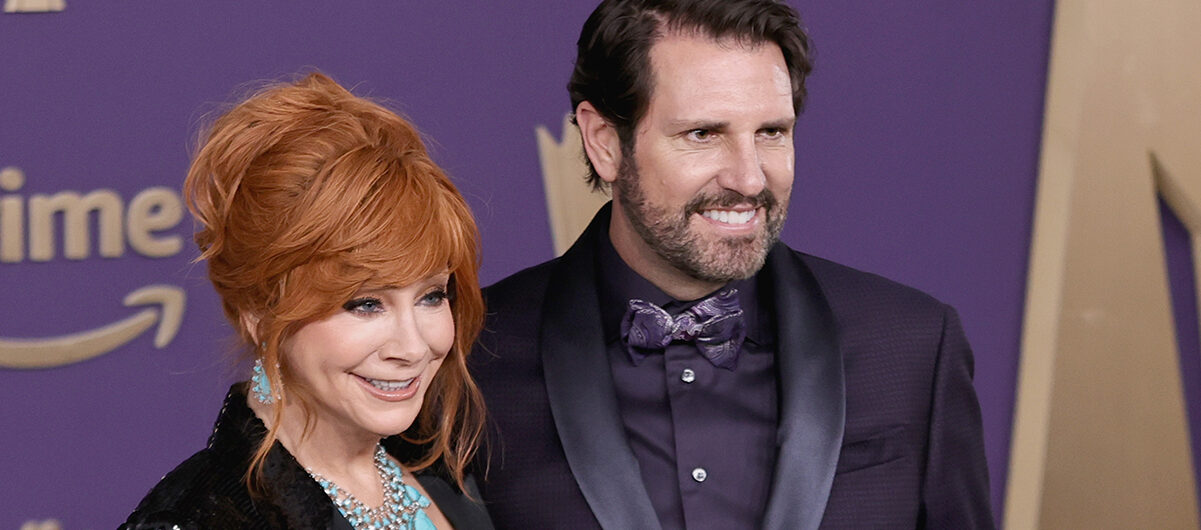Expert answers – what to do in the wake of my father’s death?
Life tends to throw a lot of curve balls our way. One day, you can wake up and have your entire world turn upside down. Losing a parent, especially unexpectedly, is never easy.
A reader wrote in their problem seeking support, see below to find out what our expert had to say about it.
Disclaimer: The below text is not intended to be taken as professional advice. Any advice given is attributed to the expert in question, and Newsner.com accepts no liability.
We asked grief counseling expert Elizabeth Schandelmeier who runs Howling Lion Grief Support for some advice after a reader wrote to us about their problem.

A grief-stricken Newsner reader wrote in with a problem they were having. They shared: “My dad has recently passed away and it has been a shock. He suffered from a heart attack and left us much too soon. My mother and him had been planning their retirement which was coming up in five years. They had put their lives on pause, thinking they would have time to travel and spend quality time together after he retired. But now that will not be possible.”
The message continued: “My mother completely fell apart after the news. I had to plan the funeral and I am barely out of college a few months. She has been leaning on me heavily, and I have been making the major decisions for her.
“Now, I am feeling a little resentment because I have had no time to grieve my own dad. What should I do? I don’t want to leave her alone in her grief but I shouldn’t have to be her pillar and pretend to be brave right now. I am so lost. I would appreciate any advice!”

Our expert, Elizabeth Schandelmeier, LCSW, APHSW-C, FT, wrote to the user, “First, I offer my condolences; the death of your father is a heavy weight on your heart. Sudden death is any death that is unexpected and can be very shocking, especially considering how much considerable change happens so quickly.”
She went on to remind our readers that the emotions they felt were valid, “Grief is a mixed bag of emotions and all of those feelings are valid. It must be worrying to watch your mother suffering and very frustrating to be in the position of handling such major responsibilities–no wonder you feel some resentment! It is important to remember that you and your mother are grieving different losses, and that the challenges that your losses bring will be different for each of you.”
Schandelmeier, who has over a decade of specialized experience supporting families, medical professionals, and communities through death, dying, grief, and other significant losses, educated the reader on how both mother and child would process their losses differently, as they meant different things to both of them.
“Your mother is watching her future change in front of her, including her hopes and dreams, and is facing the task of finding herself again and creating a life that she can look forward to. You are just at the beginning of discovering yourself, you are expecting change and preparing to build a life separate from your parents to some degree. You are both grieving, but differently.”

Our expert reminded the reader to maintain their boundaries even during this trying time. She advised, “Your mother is fortunate that you were able to step in and help during her time of crisis. It is important, though, that you are able to move through your life too and this will require some boundaries.”
Schandelmeier then had some practical advice for our reader, writing, “First, your mother should be encouraged to visit her primary care doctor for a checkup, it is important that she takes care of her own health during this time (this includes nutrition and hydration).” She added another helpful tip, “It could be helpful if you are able to help her connect with her close friends and wider community where she can begin to develop her support network.”
“Community grief support groups can be a wonderful way to connect with other people who are grieving, sometimes there are even groups that specialize in a particular type of loss (for example, death of a spouse). If your mother belongs to a faith community, reach out to the leader or other members to see if they can check in on her.”

And to end her advice to our reader, she gave a gentle reminder on how to move forward, “As time passes, she will be in the position to discover a life that is meaningful to her, but right now that may be hard for her to imagine. Encourage her to speak with you about your father, to tell stories and remember that he will remain with her through all of time.”
She also advised that ” [the reader] could also look for professional counseling support through a local hospice agency or therapist network, either for your mom or for yourself to understand what “normal” grief looks like. Try not to judge her experience and recognize that it will look very different than yours and may be hard for you to watch. Also remember, her grief belongs to her and not to you. You are not obliged to devote your life to rebuilding hers, you have enough on your own plate and you are important too.”
We want to thank Elizabeth Schandelmeier for taking the time to help our readers with their problems. You can reach out to Elizabeth Schandelmeier on her website for Howling Lion Grief Support, where she focuses on cases of chronic/terminal illness, impact of childhood trauma on adult grief, and bereavement.












